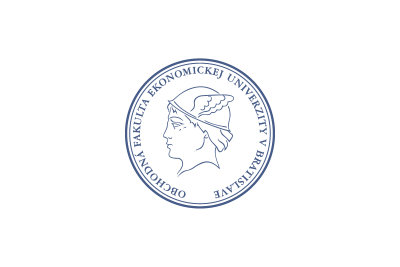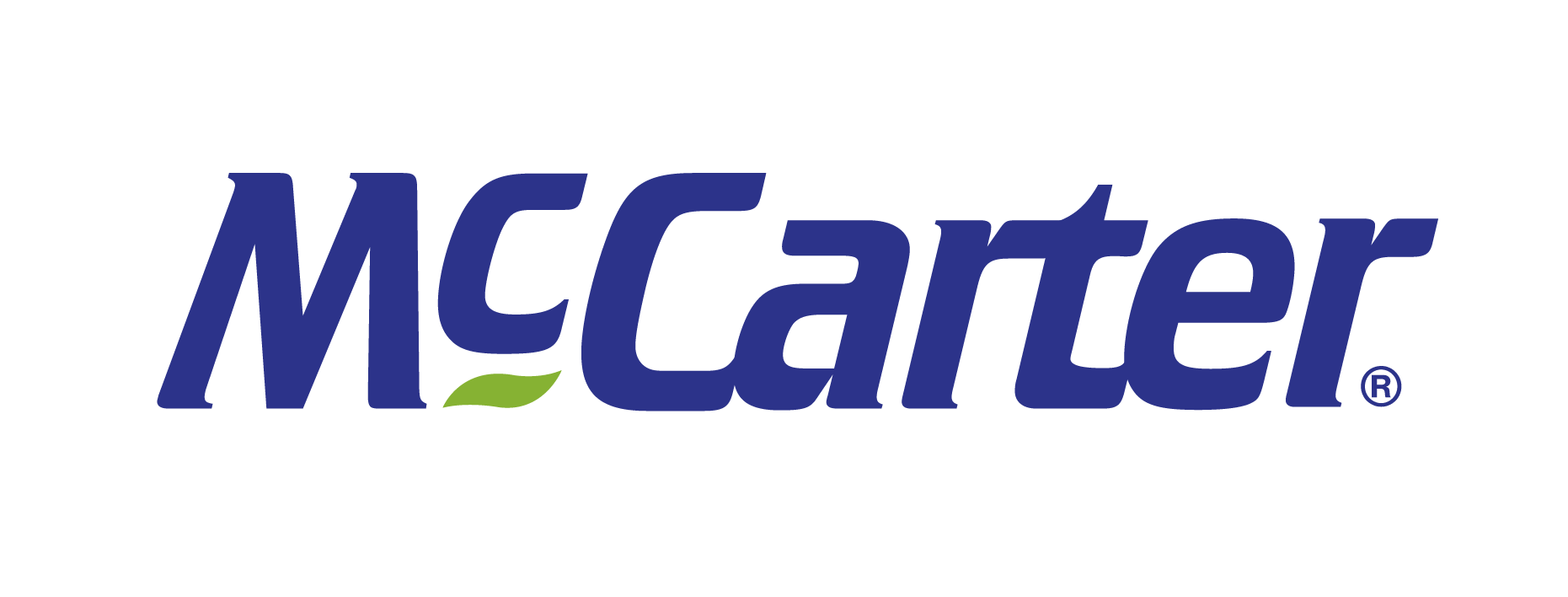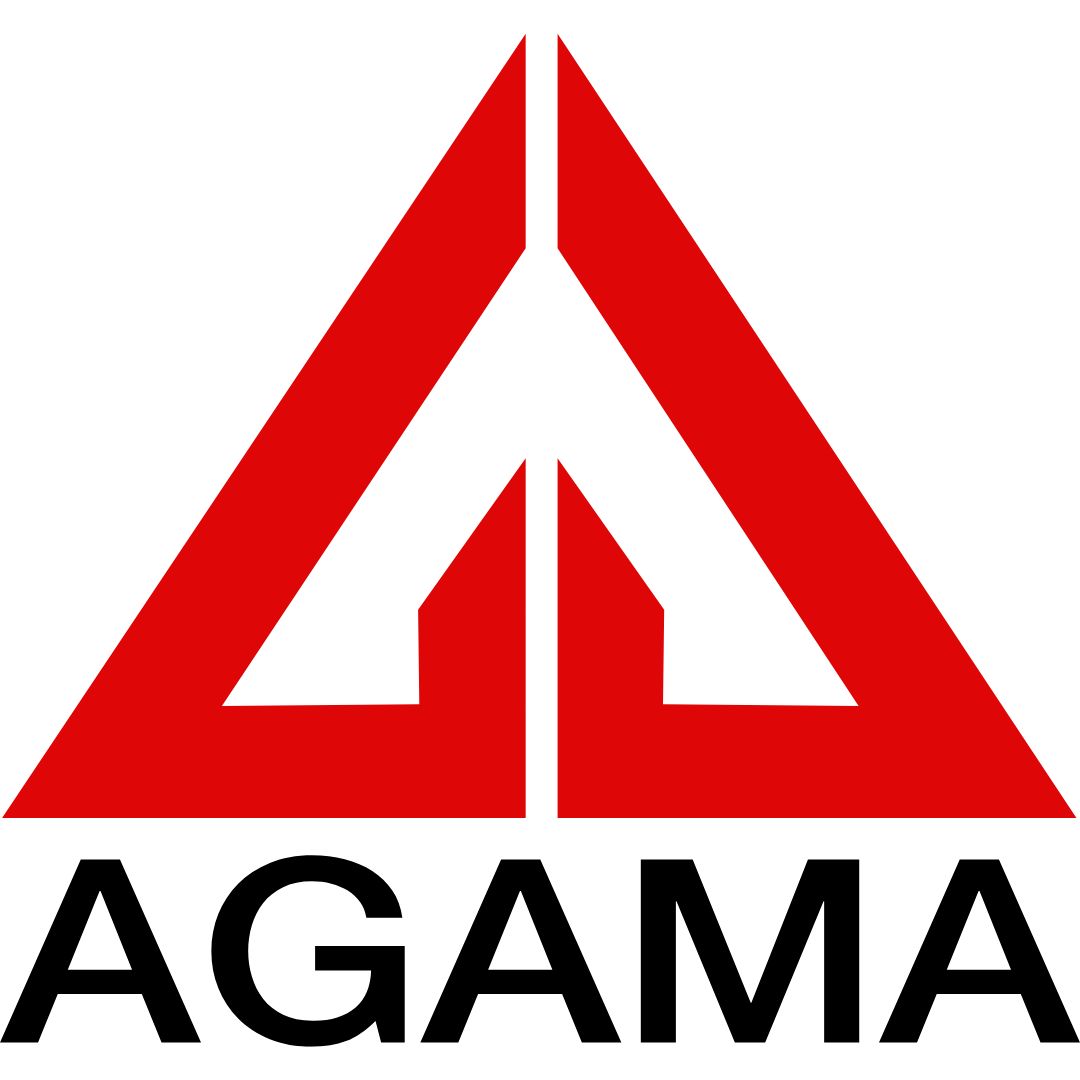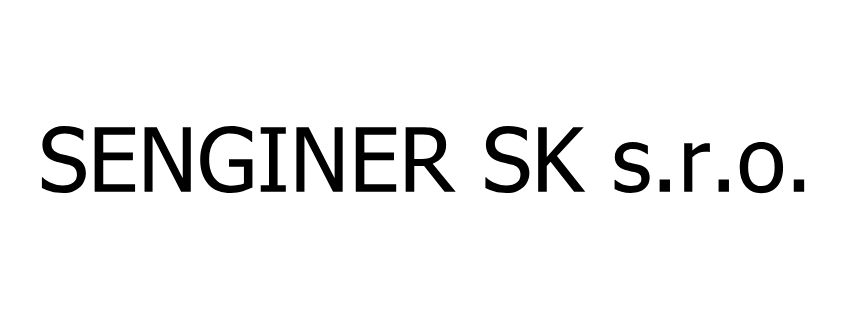
TÉZY na štátne skúšky 2017
Študijný program: MANAŽMENT CESTOVNÉHO RUCHU
Študijný program: MARKETINGOVÝ MANAŽMENT
Študijný program: MEDZINÁRODNÝ OBCHOD
Študijný program: OBCHODNÝ MANAŽMENT
Pokyny k prihlasovaniu na štátne skúšky
Pokyny na spracovanie záverečnej práce
Názov pdf súboru záverečnej práce pre vloženie do AIS: musí mať stanovenú štruktúru
Pravidlo tvorby názvu sa nachádza v smernici Interná smernica č. 8/2011 o záverečných a habilitačných prácach - Článok 8, ods. 8

Study Field 8. Economics and Management - full-time study
- Study program marketingový a obchodný manažment
- Study program manažment medzinárodného obchodu
- Study program manažment cestovného ruchu
- Study program Marketing and Trade Management (in English)
- Study program Tourism Management (in English)
Study Field 8. Economics and Management - part-time study
- Study program marketingový a obchodný manažment

Second-degree study programs are Master´s study programs in the study branch 8. Economics and Management.
These study programs are carried out in full-time and part-time form. The full-time study lasts two years and is divided into two academic years. Part-time study lasts three years and is divided into six academic years. Each academic year is divided into two terms. The full-time study lasts 4 terms, part-time study lasts 6 terms and ends with state final exams including thesis (master´s) defense.
In order to complete the master´s study in these study programs, student has to achieve 120 credits.
Recommended study plans indicate the inclusion of the courses in each term, the week hourly scheme of courses divided into lectures, seminars and/or laboratory exercises, or consultation (in case of part-time study), the way of course completion, number of credits.
The organization of the study is based on a credit system. The credit system of the study uses the collection and transfer of credits. By using the credits it allows to assess the student's workload associated with the completion of the units of the study program in accordance with the rules set out in the study program. The standard workload of the student for the entire academic year is manifested by the number of 60 credits, for one semester of 30 credits. The student receives credits after a successful completion of the study program unit. For the unit of study program, the student can receive credits only once in the course of the study.
The courses included in the study program are divided into:
- mandatory courses – have to be completed in order to complete the study program successfully,
- compulsory elective courses - in order to complete the study program successfully, student has to complete specified number of compulsory elective courses that he/she can choose from from a larger group of compulsory elective courses,
- elective courses – all other courses in the study program or in the list of other study programs that have to be completed.
A mandatory course which has been enrolled in a given academic year and not completed by a student can be enrolled one more time during the study in the next academic year. After the second unsuccessful attempt to pass the mandatory course, the student is excluded from the study due to missing credits according to the art. 13, paragraph 2c) Study order of the University of Economics in Bratislava.
A compulsory elective course which has been signed up but not completed by a student may be enrolled one more time, or a different course may be chosen from the list of compulsory elective courses instead.
An elective course that has been enrolled and not completed by a student can be enrolled by the student once more, or he/she can choose a different subject from the list of elective courses.
A minimum number of 15 students are set to offer a compulsory elective and/or elective course. If the number of students does not reach a minimum number, students are required to choose another course.
The student may receive credits in the exam period of the given semester only for those courses that have been enrolled within the deadline.
The completion of the study program in the standard length requires obtaining 60 credits per one academic year. If the student changes the pace of study, he/she does not have to obtain 60 credits for the academic year, but the duration of the study of the selected study program must not exceed the standard length by more than two years. Assigning credits for the completed subject requires to meet all the prerequisites (e.g. acquisition of the credits and/or acquisition of the credits along with successful pass of the test or successful pass of the test based on the identification documents of the subject).
All other prerequisites related to studying the study program are governed by the provisions of the University of Economics in Bratislava.
Student studying in Master´s study programs elaborates the final thesis. One hour per week is assigned to a student who elaborates final thesis with a focus on the area of his study program, in the full-time and part-time study. As part of this assigned hour, students work with their supervisor of the final thesis, whereas they consult in particular the methodology for processing the thesis, the way in which book resources are obtained and processed. The supervisors of final theses are employees of the Faculty of Commerce in the category of teacher, in order to maintain the condition that the final thesis in this study program is supervised by a teacher with at least one degree higher. The themes of final theses are proposed by the teachers for each academic year. Themes must correspond to the content of the study and the study program to which they have been assigned and are approved by the department concerned. The complexity of the final thesis corresponds to the profile of the graduate of the study program and the extent of the knowledge acquired by the study program, in order to demonstrate the ability to acquire theoretical and practical knowledge autonomously and apply them accordingly.
The completion of the Master´s study program requires that the student obtains a total of 120 credits in the course of the study in a specified form. The way in which subjects are completed and the credits are acquired, as well as the duties of the student that are necessary to continue in the next study, are regulated by the University of Economics in Bratislava.
If the student obtains 120 credits in the structure of the recommended study plan, he/she shall draw up the final thesis, he/she may apply for the state examination, in which he/she must defend the final thesis.
The state final exam consists of the master´s thesis defense, and at the same time of answering 3 questions from topics that should prove the capacity to demonstrate the respective knowledge of the study program.

The Faculty of Commerce offers accredited master´s study programs as follow:
- Study program Marketing and Trade Management
- Study program Marketing and Trade Management (in English)
- Study program International Business Management
- Study program Tourism Management
- Study program Tourism Management (in English)
Marketing and Trade Management
Graduates of the study program Marketing and Trade Management have gained profound insights into the application of marketing tools and the development of marketing concepts, as well as the management of trading systems. They can specify, design and implement complex solutions in all components of the marketing mix, while also managing a wide network of external sources of suppliers, customers, final customers, intermediaries, service providers, as well as manage business processes in terms of adapting to the marketing environment. They can be employed in the positions of marketing managers, marketing analysts, marketing specialists who manage change processes related to technology, enterprise culture, intra-corporate and intercorporate relationships in a connection to market development. Significant possibilities of employment are also held by graduates in the positions of purchase managers, sales managers, product managers, trade specialists, specialists for consumer policy or distribution. Graduates of the study program can analyze and evaluate complex marketing management issues, design and implement forms of marketing mix elements according to the latest knowledge of the marketing theory, assess the interaction of market operators with complex marketing environment. At the same time, the graduate can apply quantitative and qualitative methods in the decision-making, in assessing consumer and business behavior in the market, as well as to implement new information-communication technologies in trade and marketing.
International Business Management
Graduates of the study program International Business Management gain knowledge creating the prerequisites for a successful mastering the complex of general knowledge of international trade, strategy and tactics of international business, international marketing and trends in the development of specific international markets by the commodities. They have a thorough theoretical knowledge of all areas of activity of the business entity abroad, as well as broader economic and political contexts at European and international level, whereas this knowledge can be creatively used in practice. The graduate of study program is a versatile, educated manager with comprehensive quality knowledge who is able to manage a multicultural environment, with assumptions for successful management of high governance positions, particularly in the corporate sphere, in selected state institutions engaged in international economic cooperation (in particular in the field of foreign-trade policy), as well as in international economic organizations and EU institutions, where he/she will be ready to be an Economic diplomat. The graduate of the study program is a highly qualified economic expert who is capable of analyzing, evaluating and creatively addressing alternative ways of organizing and managing international logistic systems, i.e. to manage the structure of network relations and processes in international logistics. An equally important part of the successful application of the graduates of this field in practice is their preparation for the management of a particular foreign commercial performance, depending on the activity and the commodity that is the subject of such performance, i.e. their preparation in the technique of foreign-trade operations, international payment and financial operations, and the terms and conditions of national and international legislation, as well as legal arrangements.
Tourism Management
The graduates of the study program Tourism Management are qualified tourism managers who are able to manage business and economic processes in tourism. They gain knowledge in the economy of tourism, controlling in tourism companies, managing and marketing tourism, tourism rights, integration processes in tourism, as well as in managerial communication. They are competent to perform the profession of the manager of the company or the tourism region. They can be employed in the middle and top levels of the management of tourism, in regional tourism organizations, state organizations and municipalities in the sector of tourism, in the project and advisory organizations of tourism and regional development. The tourism manager at the corporate and regional level of tourism knows management methods and has adequate skills and capabilities to exercise them in practice on the level of the enterprise, corporate integration and the tourism region, in the national authorities and municipalities in the field of tourism. The manager knows the principles of sustainable tourism development. He/she recognizes the natural and anthropogenic environment in which tourism develops. He/she can use electronic media for information management, for promotion and sale of tourism services. He/she can create and manage tourism development projects in target locations and regions. He/she can also actively operate in an intercultural environment.

























